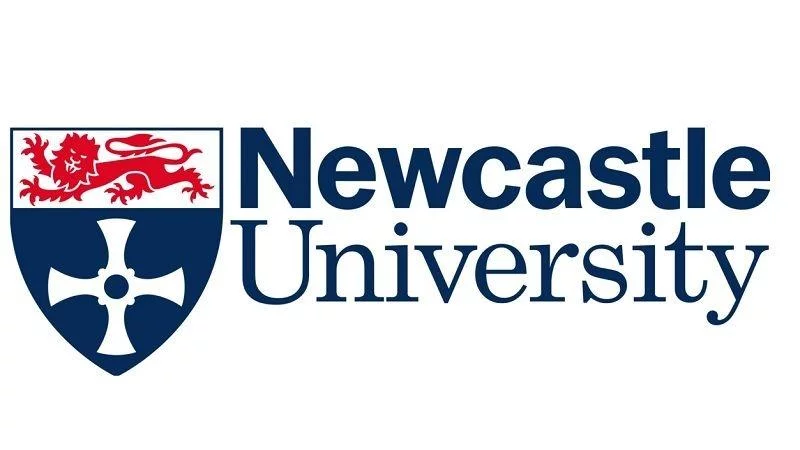April 2021
Recognising the Importance of Knowledge Exchange within the Academic Environment
By Rachel Brown, Project Manager, School of Natural and Environmental Sciences, Newcastle University
 Like many people reading this article, I have taken an alternative career path into academia, not going into a PhD, Postdoc and Lectureship and now I face the daunting task of navigating my way through higher education when I don’t really fit in either the academic or professional administrative boxes. I span both.
Like many people reading this article, I have taken an alternative career path into academia, not going into a PhD, Postdoc and Lectureship and now I face the daunting task of navigating my way through higher education when I don’t really fit in either the academic or professional administrative boxes. I span both.
Armed with a master’s degree, I went to work in environmental consultancy driven by the opportunity to use the science I had learnt in an applied way. My career so far has also included a period working for an environmental regulator, where I used my knowledge to inform best practice for monitoring and reporting on the status of the water environment before re-entering the academic world.
The piece early in February by UKRI chief executive Professor Dame Ottoline Leyser on the problem of the Einstein myth really stuck a chord with me. She was describing the misconception that academic achievement is because of the brilliance of one person and their pursuit of knowledge. It’s great that there is now more recognition of teamwork – it is now widely acknowledge that great academics are supported by an array of brilliant people, administrative, project managers, research colleagues, lab technicians - the list is vast. And global challenges require the teams to branch into government, industry and academia. So, the question I have been asking myself is ‘how can my role continue to develop and lead us towards positive change?’
My research interests lie in how we, as a society, can live sustainably; ensuring that we accurately assess the potential environmental and societal impacts of new technologies; and engage with end-users and publics as effectively as possible. Having been involved in national infrastructure development projects e.g. nuclear energy, offshore wind and mineral mining, I took the position of Project Manager working for Prof Richard Davies on his ‘fracking research’. The job title of Project Manager probably doesn’t accurately reflect the work that I do. The role ranges from identifying new opportunities for funding, leading bids, carrying out stakeholder engagement, and ensuring that the findings of our research have impact and go some way to responding to unanswered questions of public concern (in this case about shale gas exploitation). This role also includes influencing energy policy, specifically around how we use the subsurface for net zero. In this job, no two days are ever alike.
Increasingly my role in knowledge exchange is becoming increasingly important, particularly given within Higher Education the introduction of the knowledge exchange framework (KEF), but what does knowledge exchange mean? I think it’s about building and sustaining connections between academics and a whole range of project partners and collaborators, or in fact all potential end-users of our research. It’s about sharing understanding, experiences, evidence and expertise and it means engaging in a reciprocal way, where listening and developing an understanding of each other’s culture and language is just as important as presenting findings and filling a ‘knowledge deficit’. To me, Knowledge Exchange is about teamwork and supporting your academic colleagues to create the best impact from their research. Working in multidisciplinary research teams is rewarding and the Unconventional Hydrocarbons Programme, for which I am project manager, comprises a interdisciplinary group of experts from seismologists to social scientists; from petrophysicists to environmental psychologists and through my integration role I work with academics to support research that follows a whole systems approach, rather than focusing on individual academic disciplines.
This is a rewarding job, however, there are challenges for career development. Does the Higher Education system recognise the importance of such roles that don’t fit into traditional silos? What are the career progression opportunities for colleagues following a ‘Professional Services’ trajectory? If Higher Education institutions want to attract a diverse people, bringing experience and knowledge of cultures from outside the traditional academic community then they have to offer ways of sustaining these roles. There must be a clear pathway for career development.

